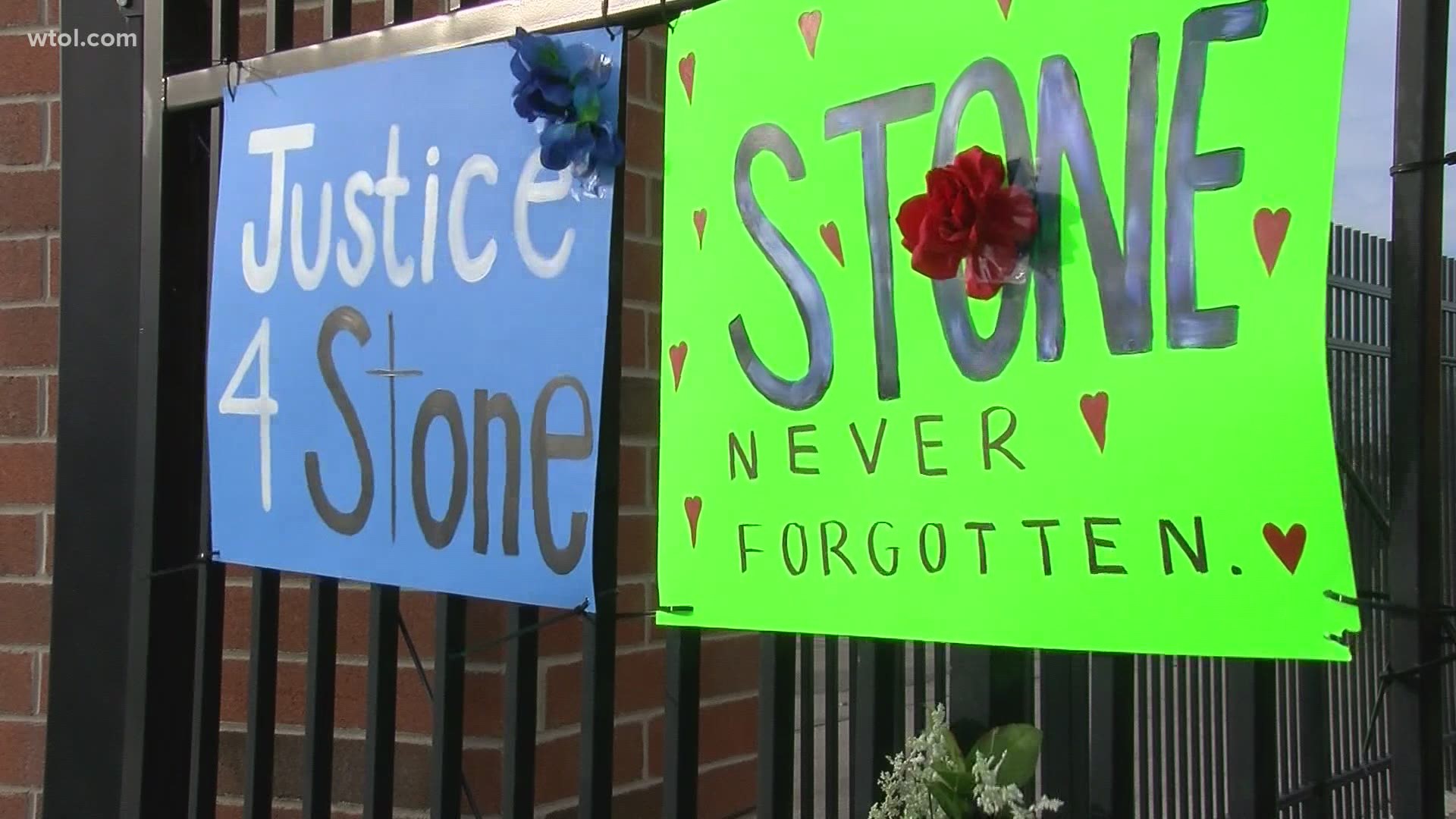BOWLING GREEN, Ohio — Records of hazing deaths go back more than 100 years and one man has been documenting and researching them for decades.
"We've had a death every year, according to my statistics, from 1959 to 2019. None in 2020, which we can attribute to the pandemic," said author and hazing expert, Hank Nuwer.
Bowling Green State University banned Pi Kappa Alpha after Stone Foltz's death in a fraternity ritual involving alcohol.
RELATED: BGSU permanently bans Pi Kappa Alpha fraternity from campus due to history of hazing and dishonesty
"Hazing is all about solidarity, it's about wanting to earn your way in," Nuwer said.
Nuwer explains hazing usually involved dangerous traditions, often passed down from alumni to current members.
In many of these deaths, alcohol is involved and after the incident instead of calling 911, the first call might be to a former member or even an attorney.
He says in many cases the organization has been cited in the past, but those incidents go unpunished.
Nuwer finds those charged often face only minor consequences.
"Small increments of 30 days to three months would be far more common. I don't expect this case to have more than 30 days either," Nuwer said.
He can think of only one example where someone got a significantly longer sentence
"The Florida A&M case, one student was sentenced to 6 years," Nuwer said.
Nuwer says he sees sentences range when states have anti-hazing laws put in place.
MORE FROM WTOL 11:

